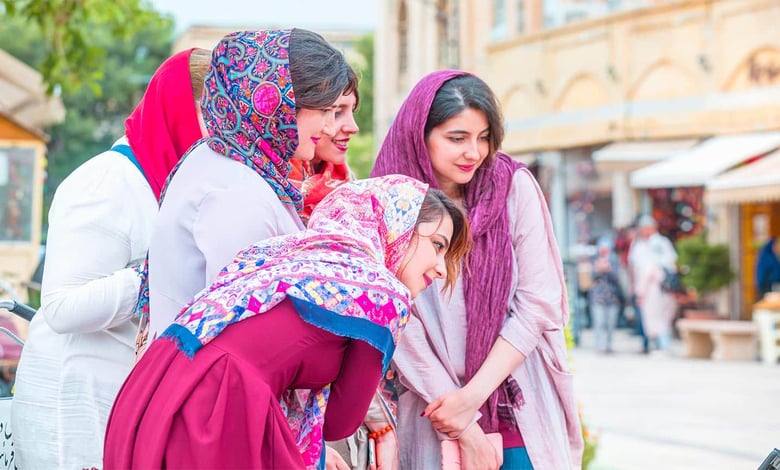
Every culture has its own social norms and people’s behaviors, from simple habits to rooted beliefs, are one of the most interesting things to observe while traveling. Of course, Iranians, too, have a complex system of social norms and etiquette. In this article, we’ll try to give you an overview of these social norms, to avoid faux pas and, moreover, better understand the country.
Contents
Social Norms in Iran
Visiting Iran is for many the first encounter with the Persian culture, its people and their social norms. If you must absolutely be familiar with “taarof”, the Persian etiquette, before your trip to Iran, there are also plenty of cultural norms that will help you understand Iran and Iranians.
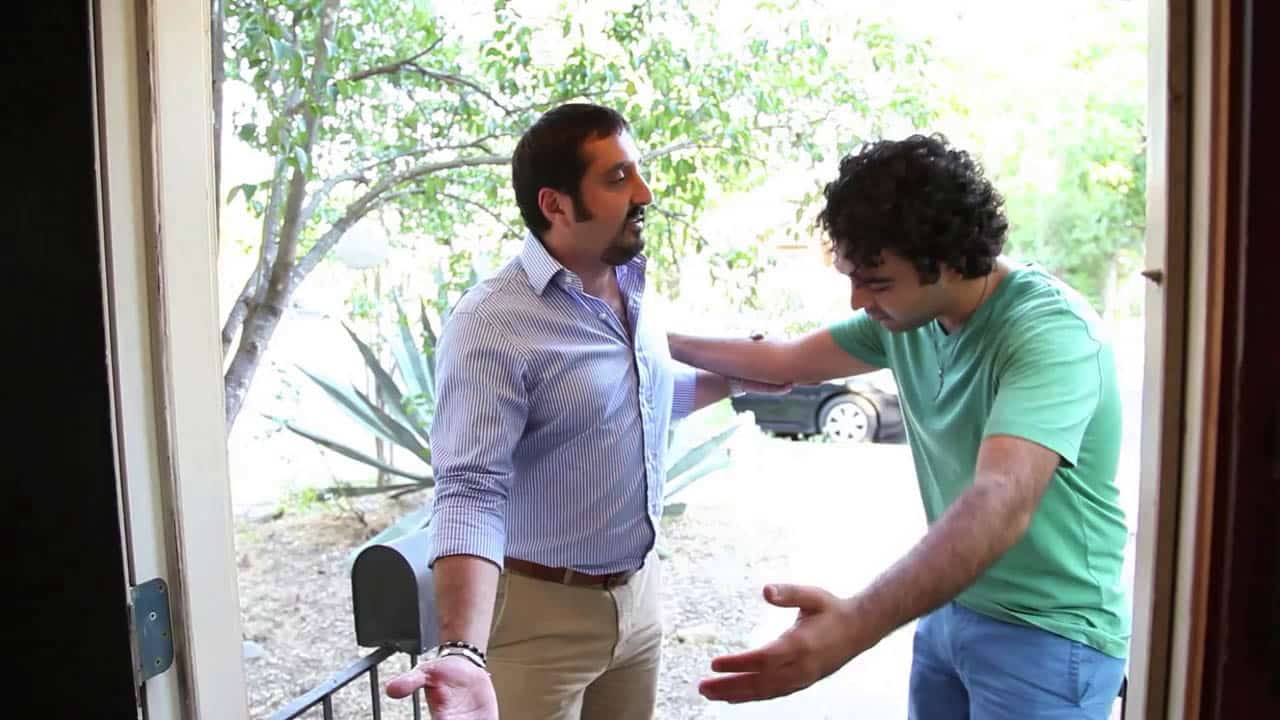
These behaviors have stories to tell as they bear the testimony of the cultural and religious heritage of the country. That’s also why they vary so much depending on the location within Iran, and the social background of the person you’ll encounter. In modern cities like Tehran or Shiraz, you may feel like people’s behavior and state of mind is quite similar to the West. But in small villages or in conservative families, you may see more vividly these specific social norms.
Understand taarof
Taarof is an essential part of Persian culture. While some people are doing more or less taarof, you can expect to find this behavior among 99.9% of the population. Taarof can be described as a verbal and non-verbal system of politeness. It’s an ensemble of attitudes and sayings that intends to make the other person feel appreciated and appear humble. Taarof can be sincere or it can simply be an act of politeness that should not be interpreted on the first degree.
You’ll see taarof expressed among endless social norms and behaviors in Iran. For instance, whenever a customer wants to pay for something (the restaurant bill, the taxi ride, groceries) and asks “how much it costs”, the answer isn’t the price. Instead, the first answer should be some taarof saying, usually “Ghorbel nadare”, meaning that you don’t have to pay, it’s on the house. Of course, the expected answer is a simple “thank you”, which will then be answered by the amount of the bill.
Likewise, because of taarof, expect people to always give you the best seat, the first and last bite of food, to let you enter first in a place, etc. Taarof can also go as far as offering to give you something you just complimented (a piece of clothes the person is wearing for instance) or offering to do something the person doesn’t really want. That’s why it’s always recommended to refuse any offer three times, to make sure it’s not simple politeness.
Social Norms in Persian Households
The house, which is the family’s gravitation center, is of course a place where many social norms are at stake. Family is extremely important in Iran, and most Iranians will always put their family’s interests first. Expressing respect to family members, and in particular the elderly, is extremely important in Iran.
If you’re invited to someone’s home during your trip, there may be a few things you’ll need to know in order to show your esteem toward the host. First, be aware that cleanness is not a topic to be taken lightly: that’s why people remove their shoes before entering the house, but also use different slippers for the bathroom and kitchen. So make sure not to enter a house with your shoes on, and do not go out of the bathroom with the bathroom’s slippers!
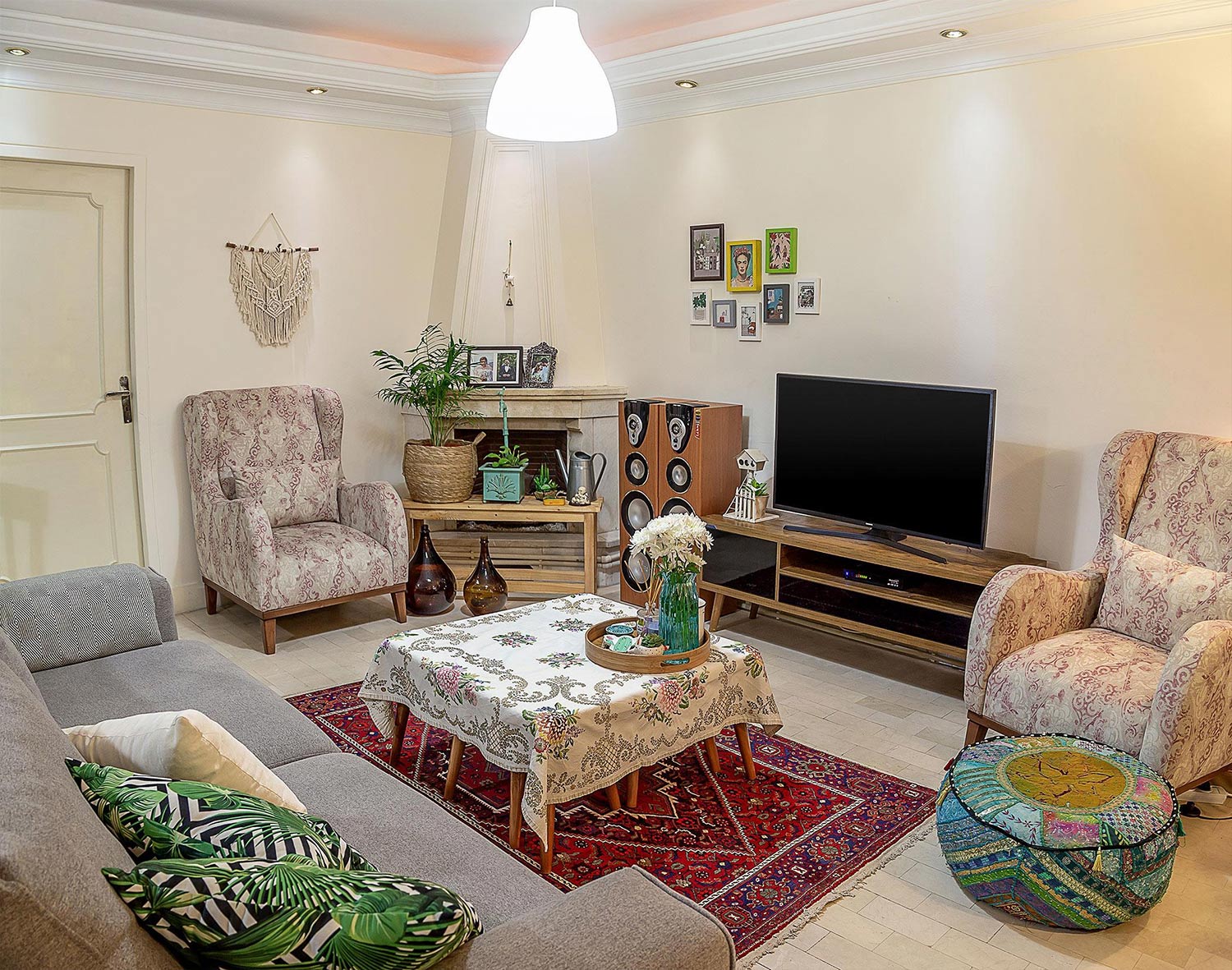
As a guest, it’s a good thing to bring a small gift for your host: flowers or sweets (“shirinis”) are good enough. If you bring a gift, don’t be surprised if it stays on the table unopened: it’s in no way forgotten, but your host may be more comfortable not opening it in front of everybody. Iranians are always ready to receive guests, and it’s a must to offer at least tea, nuts, and fruits, to someone visiting. So don’t be surprised if you’re being offered a lot of drinks and sweets to someone you just intended to visit for a few minutes.
If you’re invited over dinner, note that Iranians tend to eat pretty late, somewhere between 9 and 10 pm. And if you’re wondering how to show you’ve appreciated the food, the best way is to always finish your plate. But be careful, because your host will always insist to refill! So, start with small portions, to be able to taste a little bit of everything, and finish them all, which will be appreciated by your host.
Social Norms between Women and Men in Iran
For the traveler that got accustomed to Iran through Iranian movies, be aware that things have changed a lot in the past decades. The distance and sometimes awkward relationships you may observe in some old Persian movies are no longer reflecting today’s Iran society. That’s particularly true in big cities like Tehran. However, as a foreigner visiting Iran, it’s best to know the theory, so you can apply proper social norms when the context dictates it.
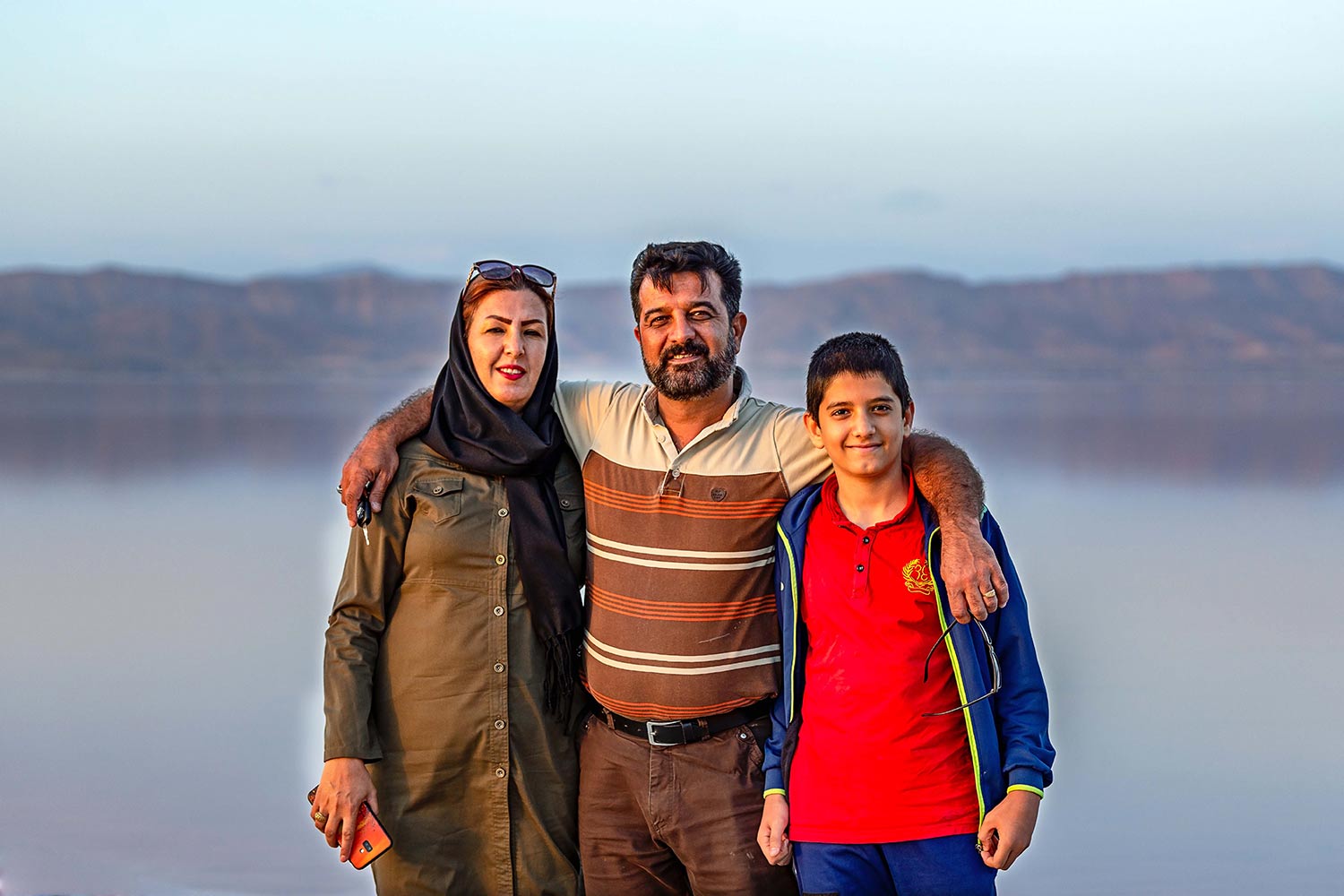
In general, there are limited physical contact between women and men who are not from the same family (which is said to be “mahram”) or close friends. They will salute each other without any physical contact. Some men may even be too shy to look at a woman if she is not first introduced by a male counterpart. However, the more you know the person, the more greetings tend to be affectionate: it’s pretty common to hug between close friends or kiss on the cheek between relatives.
APPLY ONLINE
Iran Tourist visa
General Social Norms in Iran
There are a lot more of social norms to be familiar with in the public space in Iran. They are little things that you may not even pay attention to, but can actually be considered rude. For instance, it’s really impolite, and even disgusting, for Iranians if someone blows their nose in public.
Likewise, it’s a bit rude to sit with your back on someone, unless you don’t have the choice (in a car, for instance). If you sit on the floor, you’re not supposed to extend your legs either. If you do so because you can’t stand sitting cross-legged, accompany it with a quick apology. Overall, it’s appreciated to show manners when sitting and hold yourself properly.
Social Norms in the Workplace in Iran
While you probably do not intend to work in Iran, there are a few social norms that Iranians apply at work, or at school, you may be interested in knowing. First of all, punctuality is not a thing in Iran! Especially in a crowded city like Tehran. Of course, it’s somehow expected and appreciated, but meetings and gatherings may often start later than planned without anyone being offended about that. Conversations can also take time in Iran, and it’s important to be patient and not press people to make a decision, which will not be perceived as respectful.
On the other hand, social bonding is a thing in Iran: it’s pretty common for employees to gather and do outdoor activities outside of work hours, and their attendance is highly expected by the group. Networking is an important aspect of progress in the workplace in Iran, so extending your network and making friendly relationships at work is a plus. Because of this desire to establish friendliness, it’s also usual to discuss light personal matters with your colleagues or your boss before starting your business conversation.
Read More
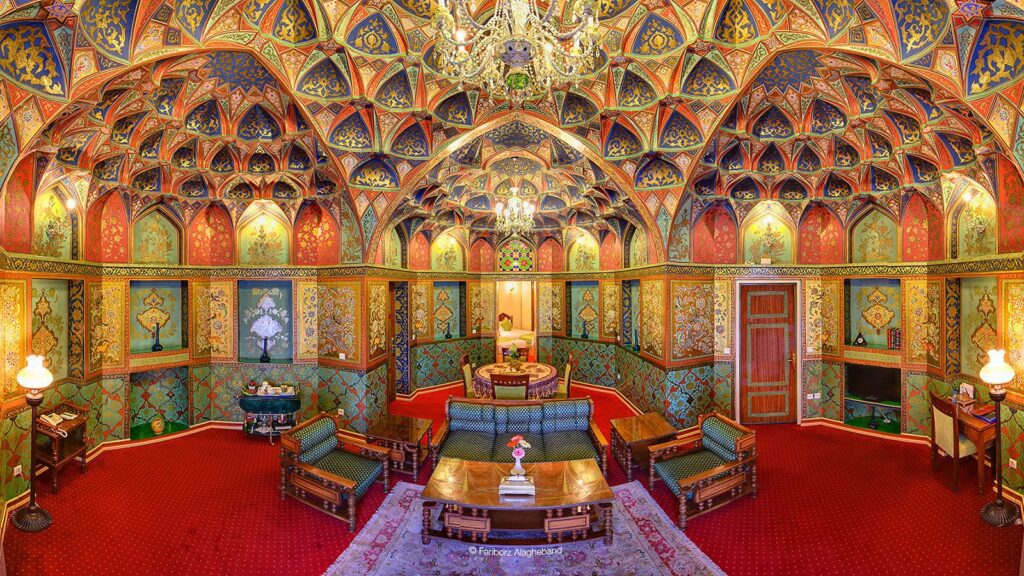
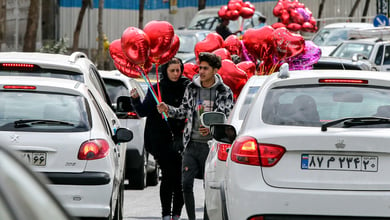



When I toured Iran with Surf Iran and Jack my Guide, I was offered some tea from a Group of Young Guys. Not knowing the Customs of Iran, I accepted his Gift and drank His Tea. He was astonished by that. Luckily, Jack had got 2 teas for Us and gave one of the teas to the Young Gentlemen. I found the people of Iran, the friendliest People of all the 69 Countries I have visited. Thank You Iran for a great Adventure,